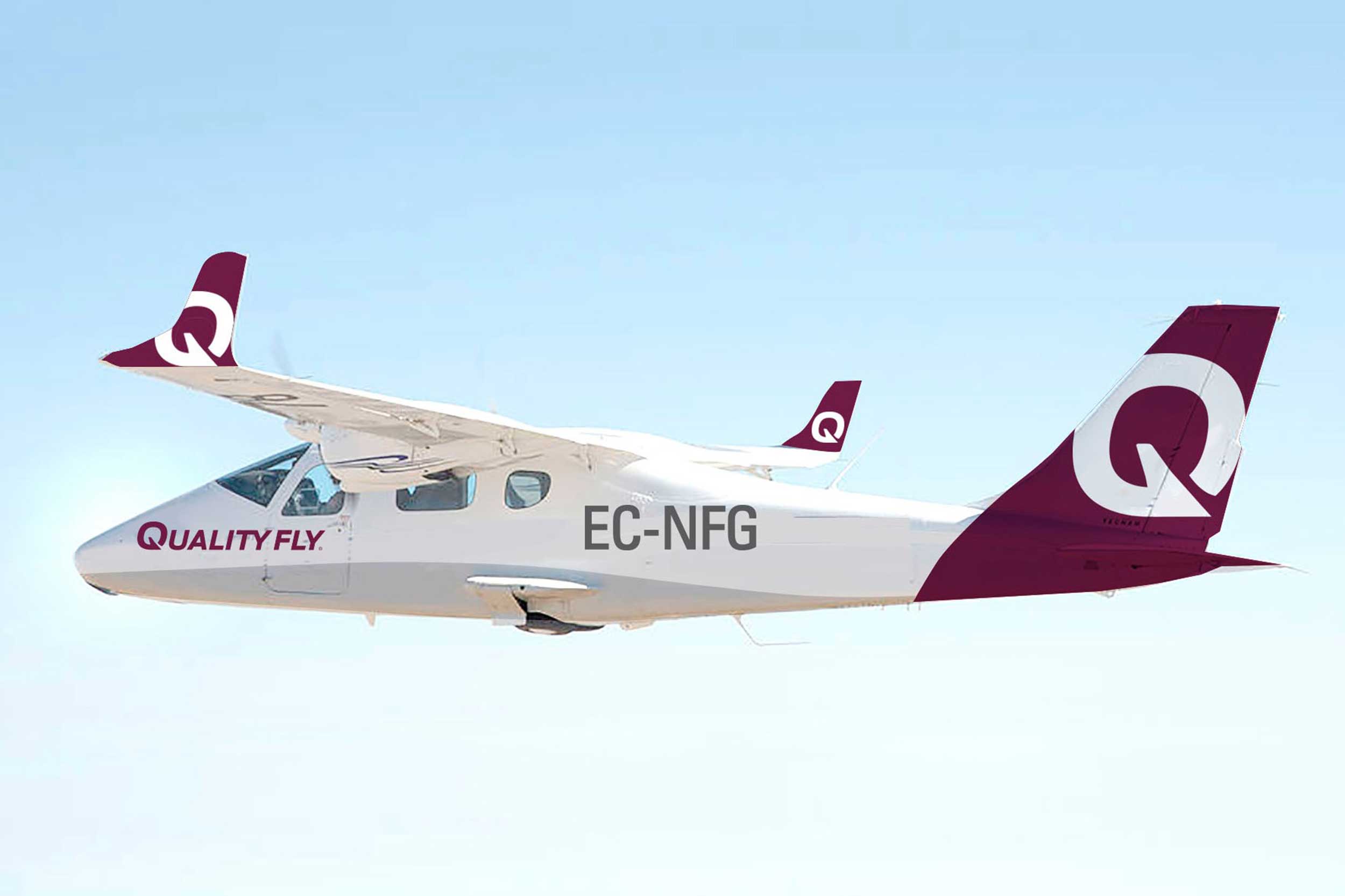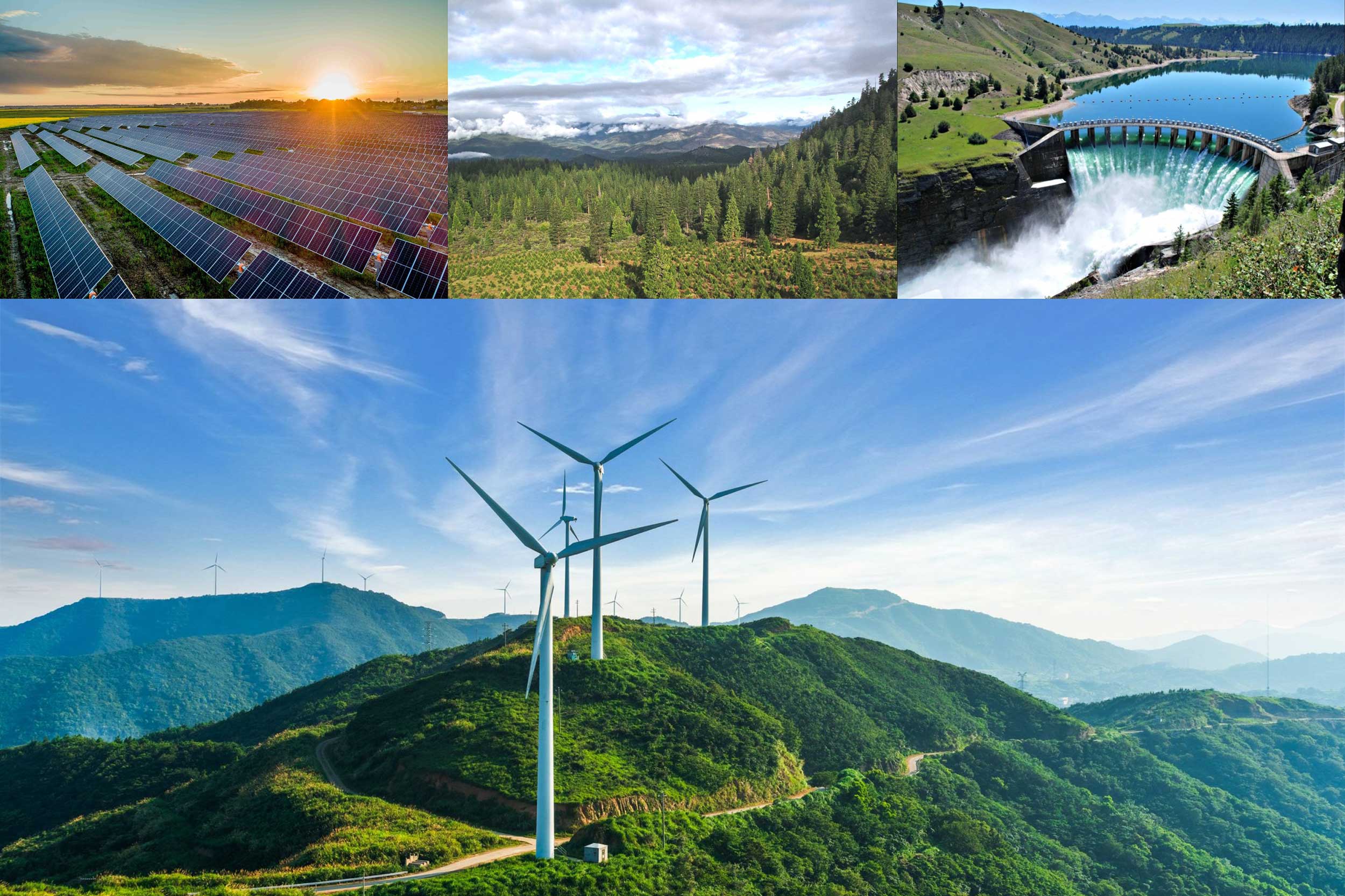
Quality Fly has renewed its fleet with modern, fuel-efficient aircraft such as this Tecnam P2006T
Madrid-based training organisation Quality Fly believes it is the first European Union flight school to achieve carbon neutral status.
The EASA-approved ATO has reduced its carbon footprint and is offsetting remaining emissions through investments in clean energy projects.
This applies to all flight programmes, both modular and integrated, and requires no additional investment by the students.
Among the measures taken:
- The aircraft fleet has been fully renewed, replacing the older generation fleet with comparable, modern aircraft that cuts fuel consumption and emissions by as much as 50% on a per-hour basis.
- The student journey has become fully paperless, from enrolment to ground training, flight operations and licence issuance, saving several kilograms of paper and ink every day.
- Quality Fly has started to acquire 100% renewable electricity from clean energy producers, effectively reducing our office and administration climate impact to near zero.
- As soon as the technology becomes fully operational, Quality Fly is determined to replace the carbon offsetting for a full 100% electric fleet.

Quality Fly is offsetting CO2 emissions with clean tech projects in developing countries
Juan Cervero, CEO of Quality Fly, said, “Since the flight training activity necessarily implies direct emissions, at least until electric aircraft offer optimal training possibilities, some emissions cannot be eliminated. Quality Fly has decided to voluntarily offset them by investing in clean energy projects in developing countries, namely India, which not only compensate for our carbon footprint, but also have a positive social and economic impact in the region.
“These projects include solar, wind and hydropower electricity generation. They are channelled through the UNFCCC (United Nations Framework Convention on Climate Change) and verified by independent auditors using international standards.”
Quality Fly estimates full-year figures for 2022 of more than 4,000 flight hours flown, or roughly 93,000 litres of gas used (mogas or avgas). This results in emissions of about 210-220 tonnes of CO2 equivalent. The clean energy investments Quality Fly has made will save 240 tonnes of CO2 emissions to the atmosphere.
